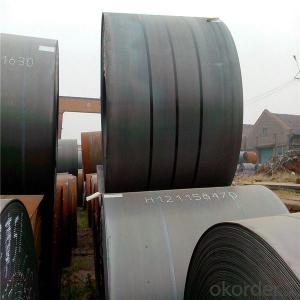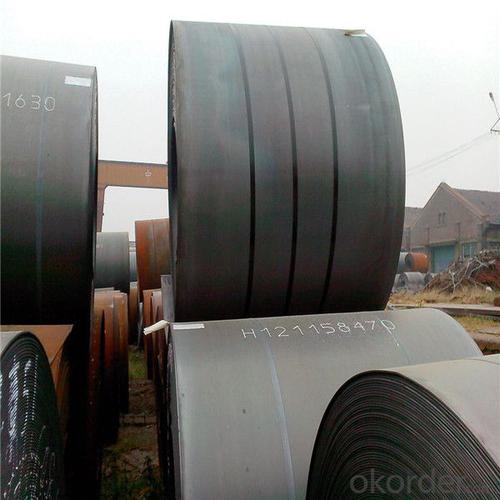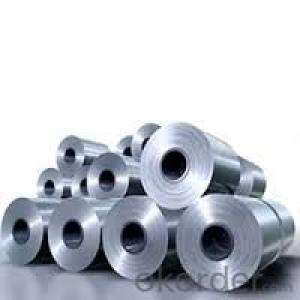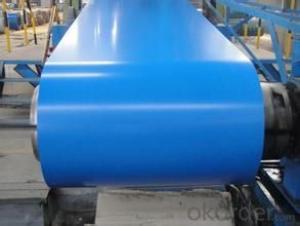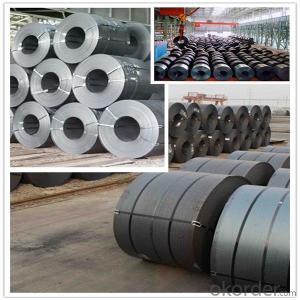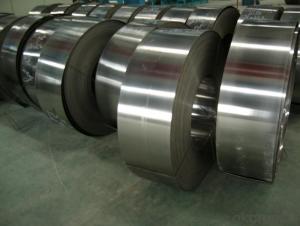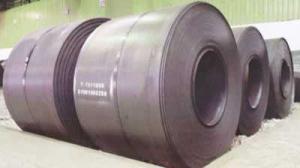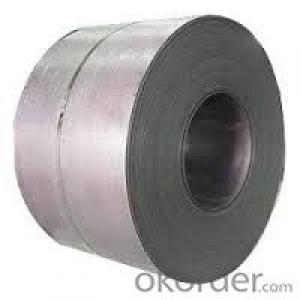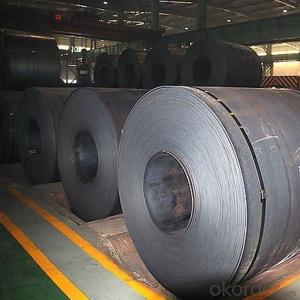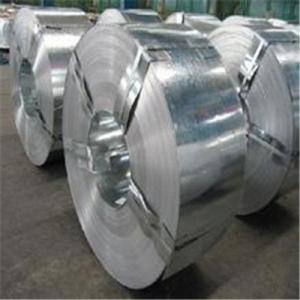Coil of steel prime hot rolled from China mill
- Loading Port:
- China main port
- Payment Terms:
- TT OR LC
- Min Order Qty:
- 50 m.t.
- Supply Capability:
- 10132 m.t./month
OKorder Service Pledge
OKorder Financial Service
You Might Also Like
Specification
Hot Rolled SteelA rolling process at temperatures over 1,000 degrees Fahrenheit is use to create hot rolled
steel. Steel products in Massachusetts that have been processed in this manner will have a blue-gray finish
that feels rough to the touch.
Hot rolled steel actually reconfigures itself during the cooling process, giving the finished product looser
tolerances than the original material and when compared to cold rolled steel products. Hot rolled steel is
more malleable, allowing it to be forced into a variety of different shapes.
This makes hot rolled steel a good choice for the manufacturing of structural components, such as I beams
or simple cross sections, such as rail tracks. It is also used to produce sheet metal.
Hot Rolled Steel is widely available in the A36 steel alloy. The process to create Hot Rolled Steel
creates a more ductile steel with a rough surface finish and is sometimes more difficult to machine.
The cost is usually much less than a similar Cold Rolledproduct. Hot Rolled Steel A36 comes in many
shapes including: hot rolled steel flat bars, hot rolled steel flat bars, hot rolled steel round bars, hot
rolled steel square bars, hot rolled steel channels, hot rolled steel angles, and hot rolled tubing. Order
Hot Rolled Steel Alloys in A36 Hot Rolled Steel Alloys and Hot Rolled Stainless Steel Sheets in small
quantities and no minimums of all Stainless Steel at The Metal Store.
Standard and Grade :
Hot rolled steel coils | ||||
JIS | ASTM | SAE | EN | |
Commercial quality | G3131 SPHC | A569 A635 A659 A1011 CS Type A,B,C | 1006~1025 |
10111 DD11 |
Drawing quality | G3131 SPHD | 1006~1010 | 10111 DD12 | |
Deep drawing quality | G3131 SPHE | A622 A1011 DS Type A,B | 1006~1010 | 10111 DD13 DD14 |
General structure (T.S.<490N/MM2) | G3101 SS330 SS440 G3106 SM400A G3132 SPHT1 SPTT2 SPHT3 | A36 A283 GR.C A570 GR.30~40 A1001 SS GR.30~40 |
1010~1025 | |
General structure (T.S.≥490N/MM2) | G3101 SS490 G3106 SM490A SM490YA | A570 GR.45~50 A607 GR.45~70 A1011 SS GR.45,50 |
J1392 050X | |
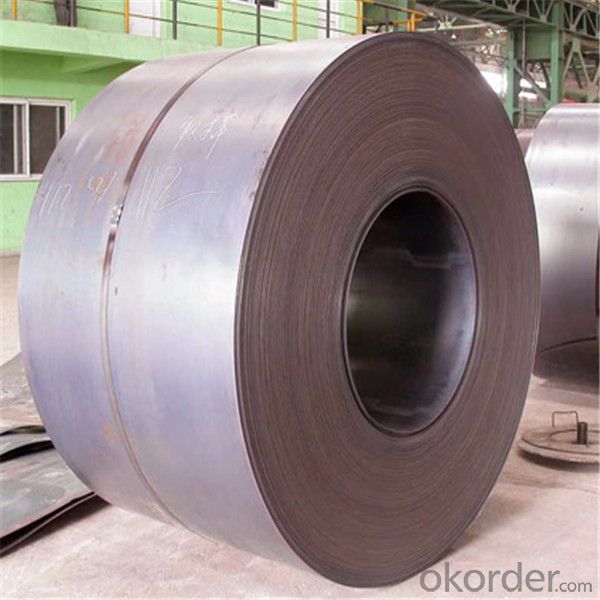
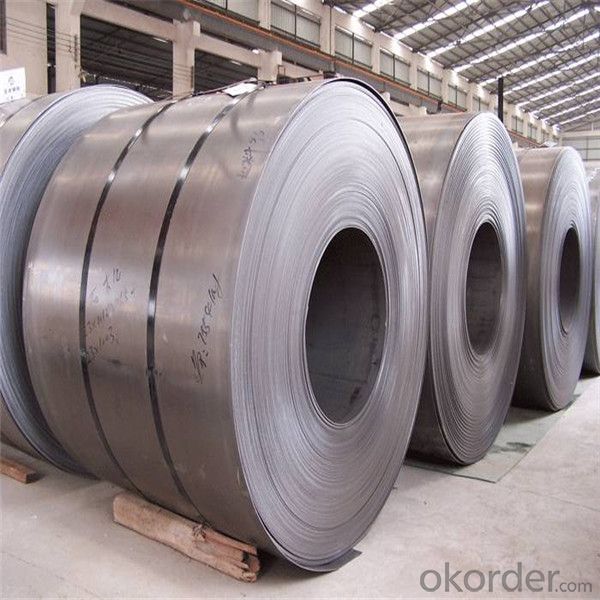
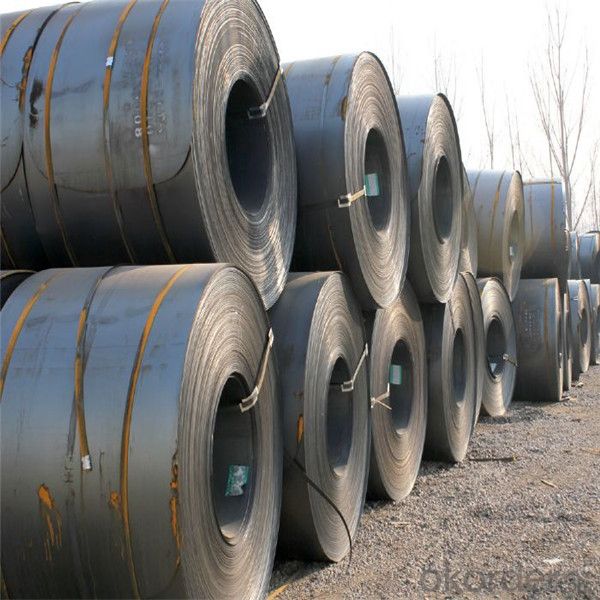
|
Application :
Automobile Industry, electrical appliance, machinery manufacturing, container manufacturing, shipbuilding,
bridge, pipeline, and receive high acclaim from our customers for its excellent quality.
Packing:
Packaging Detail | The packing of coil consists of anti-damp paper ,PVC film ,hardboard paper , steel box , strapped with steel strips, fitted with locks and edge protectors and guarantees the optimal condition of the delivered goods. Each coil can be additionally fitted with wooden/steel skids(eye of the side) or wooden pallets(eye of the sky) |
Delivery Time | within 30 days of receipt of LC original or prepayment |
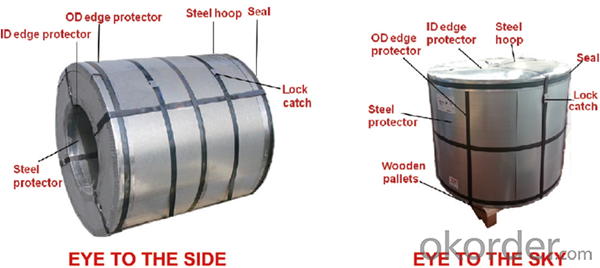
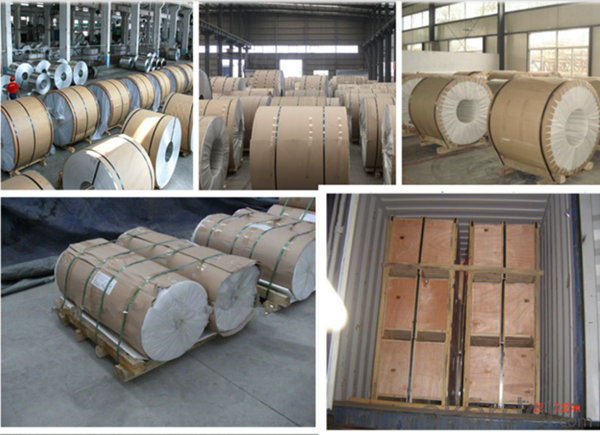
Our Services
MOQ | FCL, 25 metric tons per 20GP, can be assorted with different sizes. |
LCL for trial order is acceptable. | |
Price Term | EX-WORK, FOB China Port, CNF, CIF |
Payment | T/T, 30% advanced payment before production and balance before shipment; OR Irrevocable L/C at sight. |
Delivery Time | within 30 days of receipt of LC original or prepayment |
FAQ:
1. Can you offer OEM to me? What about MOQ?
Of course, we are a professional with OEM manufacturer for 9 years. the MOQ can be 50 ton/ order..
2. How to guarantee the quality of the products?
We have established the international advanced quality management system,every link from raw
material to final product we have strict quality test;We resolutely put an end to unqualified products
flowing into the market. At the same time, we will provide necessary follow-up service assurance.
3. How long can we receive the product after purchase?
Usually within thirty working days after receiving buyer’s advance payment or LC. We will arrange the
factory manufacturing as soon as possible. The cargo readiness usually takes 15-25 days, but the
shipment will depend on the vessel situation.
4.Q: What is your terms of payment ?
We prefer LC at sight and 30%T.T in advance ,balance after the copy of B/L
- Q: What are the different types of steel coil coatings available?
- There are several different types of steel coil coatings available, including polyester, polyurethane, siliconized polyester, fluorocarbon, and plastisol coatings. Each type of coating offers specific properties and benefits, such as durability, corrosion resistance, weatherability, and aesthetics, making them suitable for various applications in industries such as construction, automotive, and appliances.
- Q: What metals contain steel? It can be anything except soft iron or steel.
- Metals do not contain steel. Steel is an alloy of purified iron and carbon, and sometimes with other metals, such as nickel, chromium, or molybdenum to make it stainless or to change its hardness or other properties. It's like asking what cereals contain Cheerios. It doesn't really make sense. Other metal alloys contain iron, which is an element and the main ingredient of steel. Maybe you should be asking which metal alloys contain iron? That's more like asking which cereals contain whole grain oats. Now that's a question that can be answered by reading the ingredients labels on your standard boxes of metal alloys :-)
- Q: What is the role of steel coils in the manufacturing of pipes and tubes?
- Steel coils play a critical role in the manufacturing of pipes and tubes. They are the primary raw material used to produce these products. Steel coils are made by processing molten steel through a series of rolling mills, which shape the steel into flat, thin sheets. These sheets are then wound into coils for easy transportation and storage. In the manufacturing process of pipes and tubes, steel coils are unwound, and the flat sheets are passed through a series of machines and processes. The first step is usually to cut the steel sheets into the desired width and length. This is followed by forming the sheets into a cylindrical shape through a process called roll forming or continuous forming. The edges of the sheet are welded together to create a continuous pipe or tube. Steel coils provide several advantages in the manufacturing process. Firstly, they offer consistent and reliable quality. The production of coils ensures uniform thickness and strength throughout the entire length of the sheet, which translates to consistent properties in the final pipes and tubes. This is particularly important for applications that require high structural integrity and reliability. Secondly, steel coils allow for efficient production. The continuous supply of coils ensures a steady flow of raw material, reducing downtime and improving productivity. Coils also enable automated processes, such as roll forming, which can be highly efficient and cost-effective. Furthermore, steel coils offer flexibility in terms of size and dimensions. Coils can be produced in various widths and thicknesses, allowing manufacturers to customize the size and specifications of the pipes and tubes according to their specific requirements. This flexibility enables the production of pipes and tubes for a wide range of applications, from plumbing and construction to oil and gas pipelines. In conclusion, steel coils are the essential raw material in the manufacturing of pipes and tubes. They provide consistent quality, enable efficient production, and offer flexibility in size and dimensions. Without steel coils, the production of pipes and tubes would be significantly more challenging and less efficient.
- Q: I have heartgold and I don't have a steel type Pokemon to beat lapras. HELP
- I found electric pokemon more effective.. but try Steelix or Riachu
- Q: How are steel coils used in the manufacturing of elevator components?
- Steel coils are used in the manufacturing of elevator components as they provide the necessary strength and durability required for various parts such as brackets, frames, and shafts. The coils are shaped, cut, and welded to create the desired elevator components, ensuring a sturdy and reliable structure that can withstand heavy loads and constant usage.
- Q: Why are properties of steel not identical?
- Grade 440C is one of the highest strength stainless steels. It is also very wear resistant. Good for use as ball bearings and other high wear applications. 400C has the highest carbon content of the 440 steels. 440A and 440B are identical but have lower carbon contents and have lower strengths and higher corrosion.
- Q: What are the different coating options for steel coils?
- There are several coating options available for steel coils, each serving different purposes and providing unique benefits. Some of the commonly used coating options for steel coils include: 1. Galvanized Coating: This coating involves immersing the steel coils in a bath of molten zinc, creating a layer of zinc on the surface. Galvanized coating provides excellent corrosion resistance and protects the steel from rusting. It is commonly used in applications where the steel coils are exposed to harsh environments or moisture. 2. Galvannealed Coating: This coating is a combination of galvanizing and annealing processes. The steel coils are first galvanized and then annealed to create a layer of zinc-iron alloy on the surface. Galvannealed coating offers enhanced paintability and weldability while providing good corrosion resistance. 3. Aluminum-Zinc Alloy Coating: Also known as Galvalume, this coating consists of an aluminum-zinc alloy applied to the steel coils. It provides excellent corrosion resistance and heat reflectivity, making it suitable for various applications, including roofing, siding, and automotive parts. 4. Organic Coatings: These coatings are typically applied as a top layer over a base coat of galvanized or galvannealed coating. Organic coatings can be in the form of paints, lacquers, or powder coatings. They provide additional protection against corrosion, UV rays, and abrasion, while also enhancing the aesthetics of the steel coils. 5. Chromate Conversion Coating: This coating is primarily used as a pre-treatment before applying organic coatings. It helps improve adhesion between the steel surface and the organic coating, ensuring better corrosion resistance. The choice of coating depends on various factors such as the intended application, environmental conditions, desired appearance, and budget. Manufacturers and end-users should carefully consider these factors to select the most suitable coating option for their specific requirements.
- Q: Can we construct a barn using steel and will it be a durable one?
- sure , steel barns are all over the place...the common brand of steel buildings around here are Butler Buildings...
- Q: How do steel coils contribute to energy savings in buildings?
- Steel coils contribute to energy savings in buildings by being used in various applications that help improve insulation and reduce heat transfer. They are commonly used in HVAC systems, where they act as heat exchangers, transferring heat between air streams. Steel coils with high thermal conductivity ensure efficient heat transfer, allowing for effective cooling or heating of air without excessive energy consumption. Additionally, steel coils are utilized in the construction of insulated walls and roofs, forming an integral part of the building envelope. This helps minimize thermal bridging, preventing heat loss or gain through the building's structure. By improving insulation and reducing energy transfer, steel coils play a crucial role in enhancing the overall energy efficiency of buildings, leading to significant energy savings.
- Q: How are steel coils used in the production of fencing materials?
- Steel coils are used in the production of fencing materials as they serve as the raw material for manufacturing various types of fencing products, such as chain-link fences, barbed wires, and welded wire meshes. The steel coils are unwound and processed through different manufacturing processes, including cutting, shaping, and welding, to create the desired fencing products. The strength and durability of steel make it an ideal material for fencing, providing security and protection in various applications, such as residential, commercial, and industrial settings.
Send your message to us
Coil of steel prime hot rolled from China mill
- Loading Port:
- China main port
- Payment Terms:
- TT OR LC
- Min Order Qty:
- 50 m.t.
- Supply Capability:
- 10132 m.t./month
OKorder Service Pledge
OKorder Financial Service
Similar products
Hot products
Hot Searches
Related keywords
